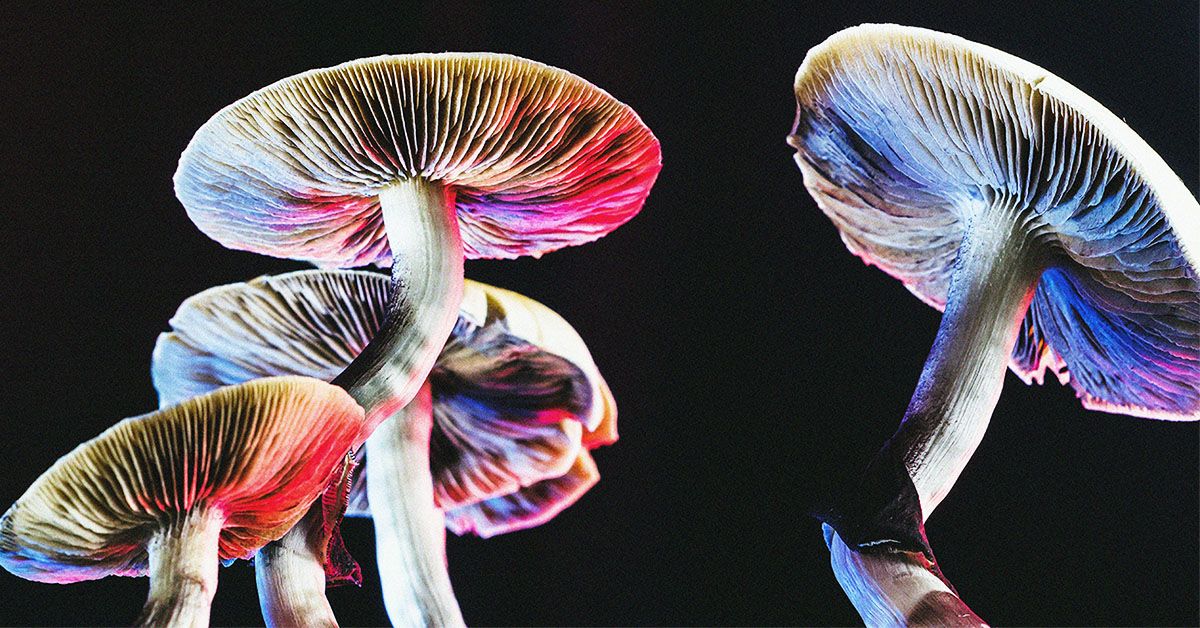Psychedelics are substances that have shown promise in treating mental illness, particularly depression. A recent review compared the effectiveness of the psychedelic psilocybin at high doses to the common antidepressant escitalopram. The results suggested that high doses of psilocybin were slightly more effective in relieving depressive symptoms compared to escitalopram and even slightly more effective than the placebo results in escitalopram trials. Depression affects approximately 280 million people globally, and researchers are interested in expanding treatment options to find the most effective medications.
Psychedelics like psilocybin, LSD, and MDMA have the potential to treat various mental illnesses such as depression and PTSD. Research in this area is ongoing, with challenges like subjective effects hindering blinded studies. The recent review aimed to compare the monotherapy use of psychedelics with escitalopram for treating depression. The review acknowledged the differences in placebo responses between psychedelic and antidepressant trials and focused on changes in depressive symptoms as the primary outcome. High doses of psilocybin were found to be slightly more effective in relieving depressive symptoms compared to escitalopram.
Though the review showed promising results regarding the effectiveness of high dose psilocybin in treating depression, there were limitations to the study. The effects of psychedelics may have been overestimated compared to internal trial placebos, and the study included a small number of trials. Additionally, the researchers noted that the certainty of evidence for treatment comparisons was moderate to low. Future research is needed to evaluate the long-term effects of all related medications and to establish standardized treatment protocols for psychedelics.
The study findings could potentially expand treatment options for people with depression, offering alternative therapies for those who find traditional antidepressants ineffective or intolerable. Despite the limitations of the review, high dose psilocybin showed promising results in treating major depressive disorder, suggesting that it could be used alongside psychotherapeutic support. Researchers and clinicians are working towards building a renewed evidence base to support the legalization and regulated approval of psychedelic therapies for depression, PTSD, addiction, and other health conditions.
In conclusion, psychedelics like psilocybin hold potential in the treatment of mental illnesses such as depression. The recent review comparing the effectiveness of high dose psilocybin to escitalopram for treating depression showed promising results, indicating that psilocybin may be comparable to traditional antidepressant treatment. Future research is needed to address the limitations of the study and establish standardized protocols for psychedelic treatment. Overall, the findings of the review offer hope for individuals with treatment-resistant depression and highlight the importance of exploring alternative therapies for mental health conditions.










